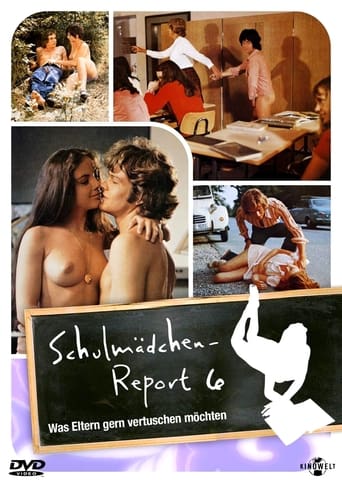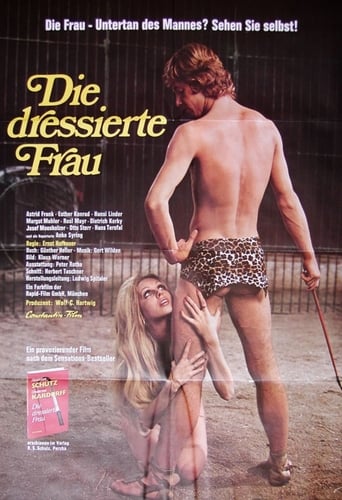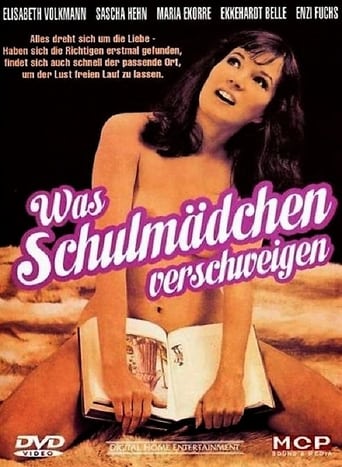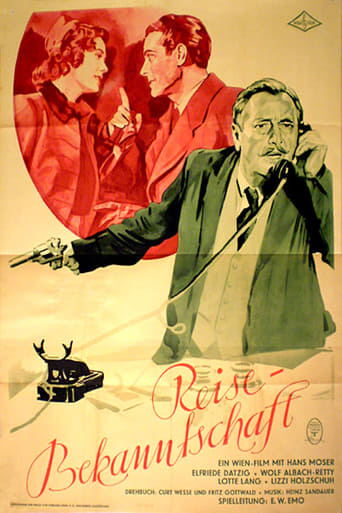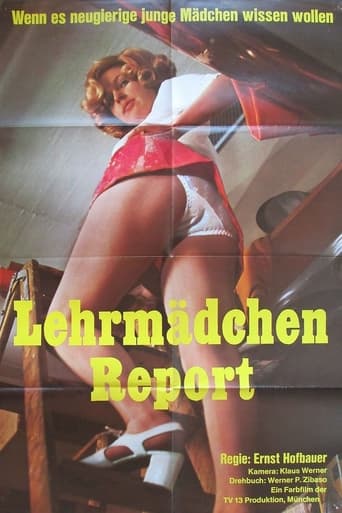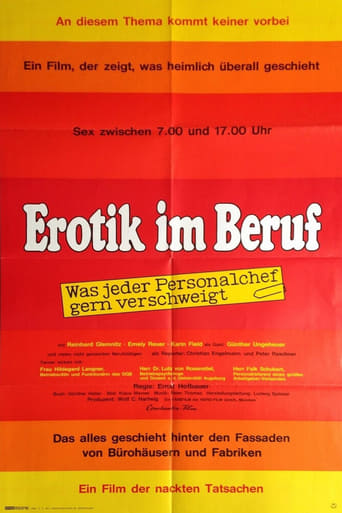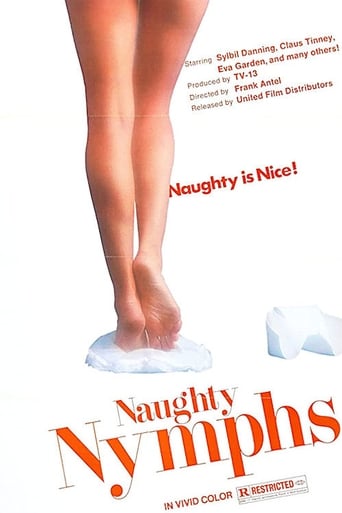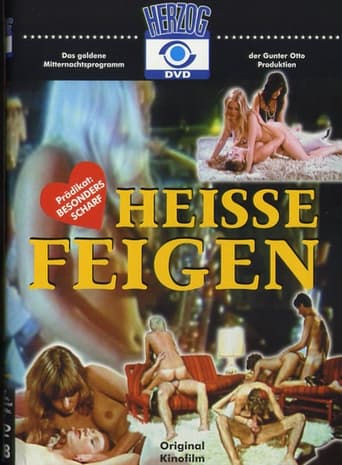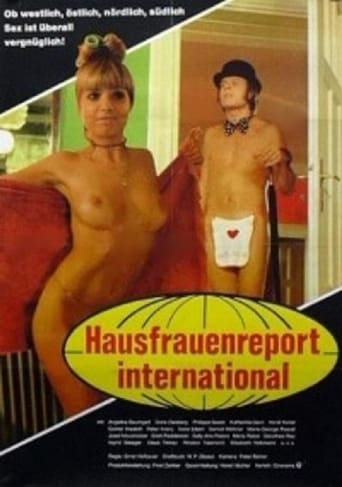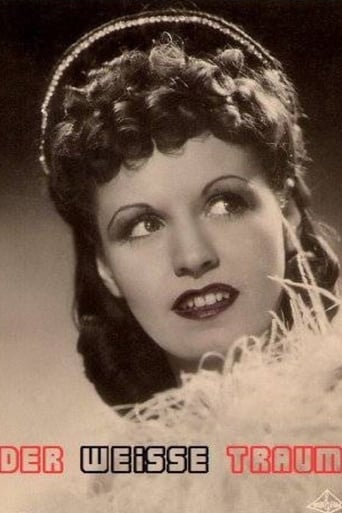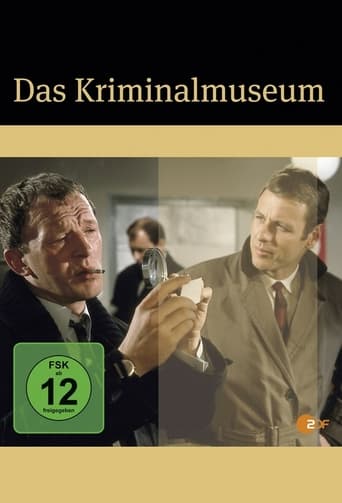Lolita super sexy
Oct 11, 1973Sixième volet des Schoolgirl report. Après avoir été surpris en train de mener des activités "extrascolaires" dans une salle de classe abandonnée, deux élèves plaident leur cause devant le conseil des élèves. À la surprise du directeur, les amoureux adolescents révèlent ce qui se passe réellement dans leur école derrière les portes closes....
Drama
